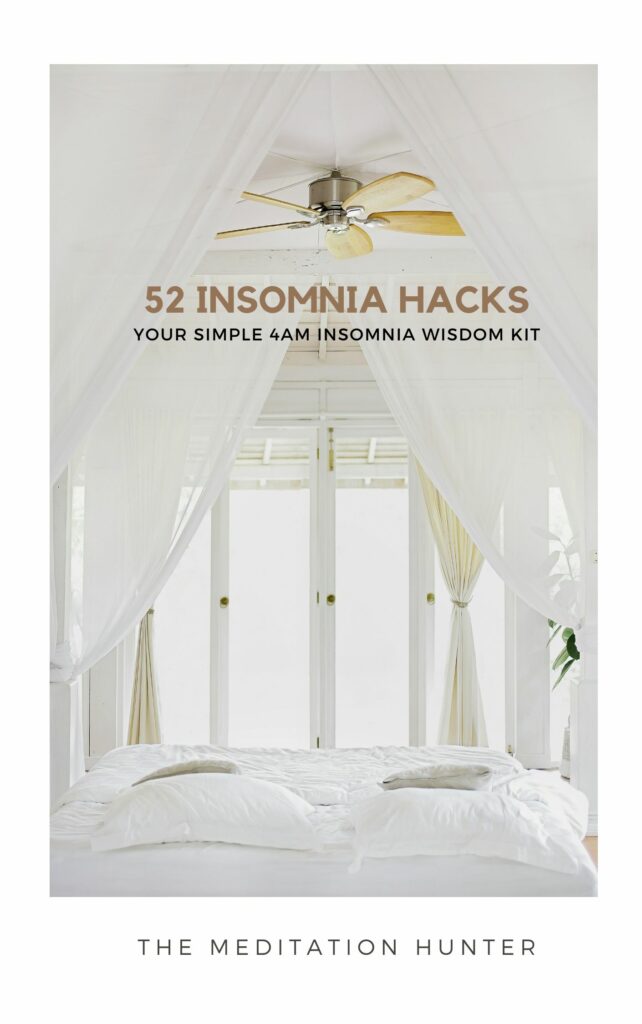All Things Insomnia
This is something I know a LOT about! I think I have had every version of insomnia at some point in my life. To the point where I took an Insomnia Practitioner Course, such was my desire to understand it. And so I am now somewhat of an expert …
So here goes.
First thing to know is that there are 3 types of insomnia. Transient, Intermittent and Chronic. And females are more prone. Insomnia is not actually defined by the number of hours of sleep you get or how long it takes you to fall asleep. It is instead defined by the inability to fall asleep and STAY asleep.
One big thing I have discovered is that most people have sleep windows. If you miss the first one then adrenalin will start kicking in again and you can pretty much forget about sleep for a few hours. For me, if I am in bed before 9.30pm, then my chances of falling asleep quickly are huge. Any later than that and I can be counting sheep for 3, 4, even 5 hours. So if you don’t already know what your sleep window is, test a few different times and see what difference jumping into bed just 15 minutes earlier than normal might bring.
I also want to talk about brainwaves and how they link to sleep. So what exactly are brainwaves and how can understanding them be relevant to insomnia?
The brain is composed of billions of nerve cells that operate by firing electrical impulses along defined neural pathways and which can be recorded via an EEG. There are four main types of brainwaves that range in frequency from high to low. Without getting too technical, our normal waking state is the highest – beta brainwaves. These beta brainwaves are associated with states of anxiety and tend to increase as we get older.
Alpha brainwaves are the next state – that is where we usually are during meditation and deep relaxation. When you sleep and wake up refreshed and invigorated – you can thank alpha. It is here that the two halves of the brain start to synchronise with each other, and where flow of creative thought can happen. Alpha is the bridge between your conscious and subconscious minds.
Theta brainwaves come next. When you are in very deep meditation, this is where you will be. It may feel like you are floating – it is that weird space between being awake and asleep. You may see vivid imagery or colours. Albert Einstein taught himself how to enter the theta state of mind where he would spend many hours. Was that why he was so brilliant? Because he learnt how to access the most creative part of his brain? It is quite possible.
Research has proven that 30 minutes a day of theta meditation can dramatically improve your health, AND reduce the amount of sleep you need. I know people who meditate for hours a day and they only need 3 hours of sleep a night or less. Fascinating.
And finally we have Delta. The slowest of brainwave states – typical of very deep sleep. Your immune system strengthens when you are in delta. If it often referred to as the gateway to the collective unconscious. It is where we release anti-aging hormones, perfect intuition, and connect with the unconscious mind. It is also associated with a lower level of cortisol – the stress hormone.
So – if sleep is proving really elusive for you, you can either try and find a way to sleep more, or you can find a way to need less sleep. If you decide on the latter, consider learning how to enter one of these brainwave states. Feel free to email me on sophie@themeditationhunter.com.au for details on how I can help.
xx


